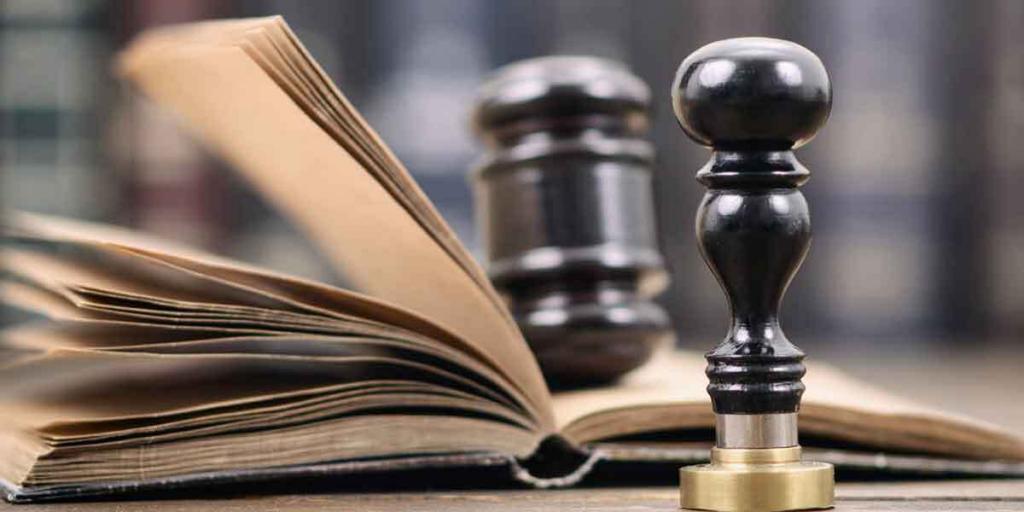Probate Explained
When you die, you will definitely leave your estate behind. If you created an estate plan while alive, your assets will be shared and managed based on what is stated in your will. After your death, your properties won’t just be distributed to the designated beneficiaries, it will have to undergo a process known as probate before distribution can occur. The probate process is often disliked due to its expensive, stressful and time-consuming nature. So now, what is probate?
Probate can be regarded as the legal process that involves the distribution of a deceased estate to the selected beneficiaries, the settlement of unpaid taxes and debts, the validation of a deceased will, etc.
Generally, probate properties are based on what the decedent stated in his or her will, if one exist. If there is no will, the properties of the deceased will be shared and managed based on the intestate law of New York or whatever state the estate owner resides in.
The Probate process
Since it is a legal process, it involves the tendering of paperwork by the estate executor who is often selected by the estate owner. It is the job of the estate executor to act on behalf of the estate owner but he or she will need an approval from the probate court before resuming duty. The probate process usually last for either a few month or a year, depending on some factors. For instance, if the estate owner has properties overseas, the process may tarry longer than usual.
First off, after the death of the estate owner the probate court selects an individual to act as the estate administrator (if the deceased didn’t appoint one in his or her will). The selection is done based on the individual closeness to the family or sometimes the court selects the person with the most substantial inheritance. After the selection, the will is then proven to be authentic by the estate executor and the court. The probate process is usually controlled by state law, so it is paramount that the state requirements are adhered. This requirement needs the necessary signatures, witnesses, etc. to be sure that the will is authentic.
These days some wills are written under duress, if such is the case, it is the duty of the probate process to figure that out.
After the validity of the will is proven, the property of the decedent is pinpointed and inventoried. Most of the deceased assets cannot be sold or transferred to the designated beneficiaries until the probate process if over.
After the identification of the deceased estate, his or her property undergoes valuation. Afterwards, the unpaid debts and taxes owed by the decedent is settled then the remainder is distributed to the designated beneficiaries based on what is written on the will of the deceased.
In a situation whereby the deceased left lots of unpaid debts after his or her death, the estate executor can decide to sell the deceased properties so as to gather enough money to settle the debts.
How long is the Probate Process?
Based on the American Bar Association, the probate process often last about 6-9 months after a probate case is submitted in court. Though this isn’t always the case for all estates. If there exist some misunderstanding regarding the legality of your will or distribution of assets, the probate process may take years.
Probate Attorney New York
Due to the severity and complicated nature of the probate process, an estate executor may require the help of a probate attorney during the probate process.
A probate attorney in New York is quite conversant with the New York probate law and process and can assist with the probate process. They can offer an estate executor the necessary advice to scale through the probate process.
We boast of the best estate planning attorneys and probate lawyers. If you need a competent probate lawyer for your case, contact us.









